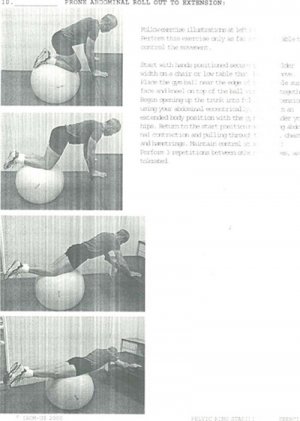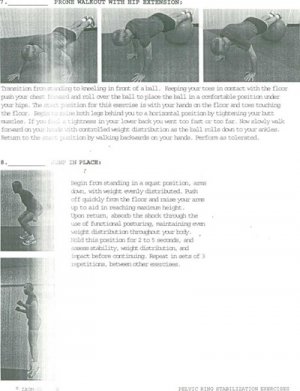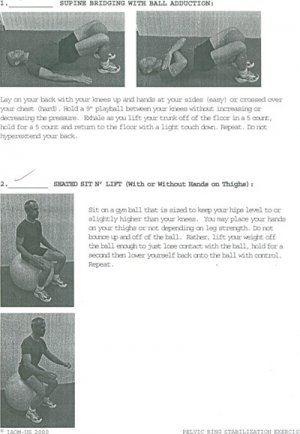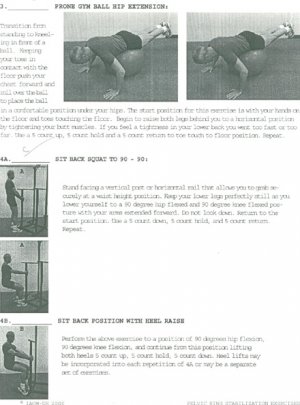KulSecHskY said:
Wow thanks for all the info sig.
Hey sig can I IM you or something? I have a few more questions I'd like to ask about different workouts.
Sure, no problem.
On a different note....
With regards to diet there are a couple of rules that can help with good meal combinations and timing of these combinations. Let's brake it down to the three main macro-nutrients: Protein, Carbs, & Fats. When ever possible:
1)Never, ever, ever eat a meal dominated by mostly fats and carbs.... i.e. doughnuts aka fat pills. The high levels of simple carbs spike your insulin levels. Insulin being the body's primary storage hormone, will have a tendancy to store all the fat in your fat cells since the high levels of carbs will have little trouble meeting your glucose needs. The unused glucose from the carbs will also most likely be stored as body fat due to the presence of high insulin levels.
2) Do have: protein/carb meals with minimal fat. Try to get as many carbs as possible from good sources.. i.e. vegetables. Your body will have a difficult time storing fat because there should be little free fats floating around in your blood since you didn't include a high fat food in this meal. Your only shot at fat storage is if you over indulge in carbs, especially simple carbs.
3) Do eat: most of your higher carb meals earlier in the day on your non-workout days. Your body uses insulin much more effieciently in the early part of each day.
4)Do eat: meals dominated by proteins/fats later in the day. Fats will ideally come from good sources i.e. flax seed oil, fish oils, nuts, olive oil. Your body has very little insulin response to meals lacking in carbohydrates, particularly refined carbs. So you can get away with eating some vegetables with protein/fat meals since insulin response will be minimal. These veggies also provide ancillary benefits like dietary fiber and natural anti-oxidants.
5) On workout days, immediately following your workouts consume a high-glcyemic index carb meal with protein and no fats at all if you can help it. This is the one time when you want to intentially spike your insulin and take advantage of it's storage capabilities. Your muscles should be thristy to replace the glycogen and aminos used during the workout. The body naturally ups your insulin sensitivity, thus allowing very efficient use of the hormone. The big spike in insulin will shuttle the glucose from all the carbs and aminos from the protein rapidly into your muscle cells...... where they will be put to work to begin rebuilding the muscle cells. Because of the large spike in insulin, your body will begin to clear all the glucose from your blood at a rapid rate. To avoid a blood sugar crash...... eat another carb/protein meal about 45 minutes after the after-workout meal. However, in this second post-workout meal, try to blend the carb sources between fast carbs (sugars, breads, white rice) and slower carbs (veggies).
6) Lastly, don't be afraid of fats, particularly the good fats. Fats provide many benefits like: contributing to the raw materials need for testosterone, aiding healthy skin, your brain likes fats, food fats contribute to a healthy good/bad cholestorol ratio. Maintaining good test levels will be the biggest benefit for your goals.







